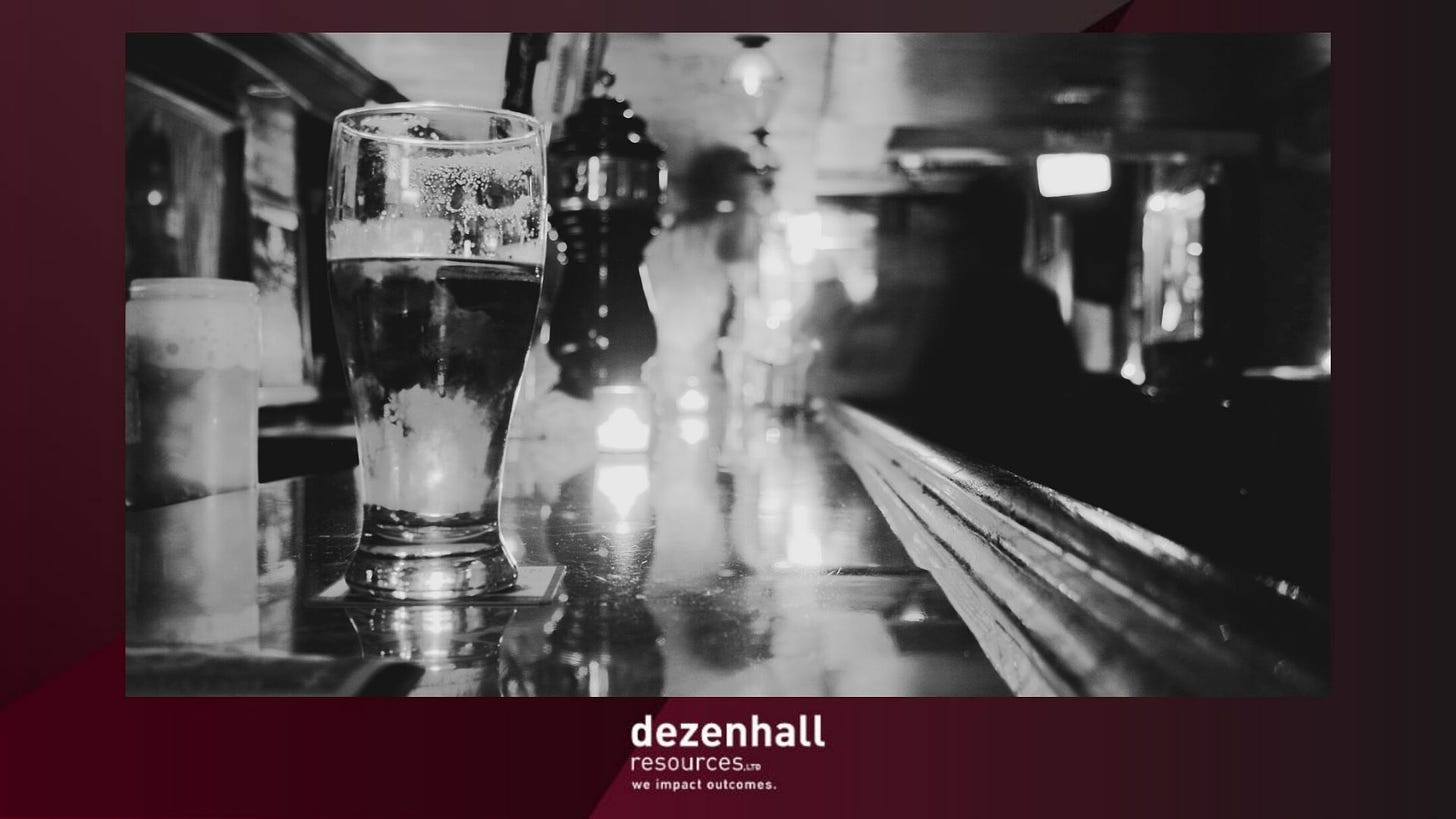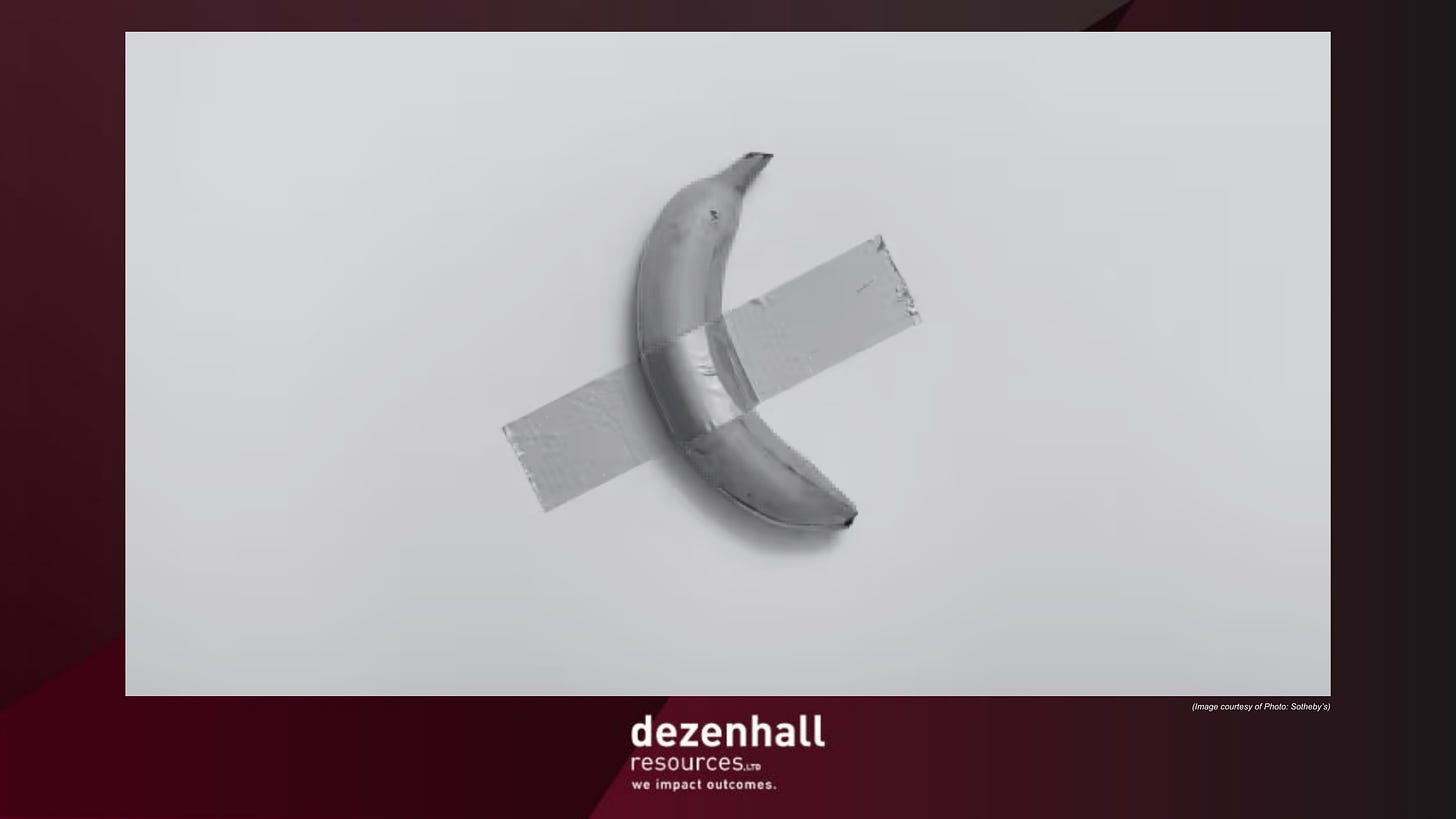Johnny Depp, Reputation and the Future of Counter-Attack?
The Johnny Depp – Amber Heard defamation trial may be salacious, but it may also be something else: a bellwether. Individuals and businesses facing existential threats to their reputations and livelihoods may be more likely to do what Depp has done and take the same kind of legal action that in more innocent times would have been unthinkable.
The old logic about bringing defamation suits was that the risks outweighed the benefits: Defamation suits are too hard to win because it’s so hard to prove malice. Why publicly recycle negative information when people are likely to forget it before long?
The short answer is that the stakes have just become too high these days. With the velocity, volume and venom of social media (see the revised edition of Glass Jaw for more on this, scheduled to be published June 21), attacks like the one Heard launched against Depp with her 2018 Washington Post op-ed have become too deadly to ignore. If you’re already covered in muck that is suspended online forever, what’s a little more muck if your life has been ruined?
Heard leveled some serious charges of abuse against Depp, and it’s not my purpose here to try to adjudicate what’s true and what’s not because I don’t know. But what I do know is what happened to Depp’s career in the aftermath of Heard’s op-ed. Depp’s career cratered after Heard’s op-ed as a “public figure representing domestic abuse” ran in 2018. He was dropped from the sixth Pirates of the Caribbean movie, losing tens of millions. He took a huge pay cut to do an independent film, released late due to Depp’s travails. After losing a defamation case against The Sun newspaper, which referred to Depp as a “wife-beater,” Depp was asked to resign from his role in the major motion picture, Fantastic Beasts. “After the op-ed, it was impossible to get him a studio film,” said his agent. He is estimated to have lost at least $40 million in potential earnings, which is no fun for an aging star reported to have financial troubles already.
Depp doesn’t look great in all of this, but Heard may – look worse. When she penned her op-ed, she likely anticipated the response would be universally supportive in the wake of legitimate #MeToo claims against the likes of Harvey Weinstein. Nevertheless, revolutions only spin in one direction at a time, and the support for the victims of Weinstein and his ilk was understandable and inspirational.
With Heard, however, it’s tough for the average person to get past the image of a strikingly beautiful woman leaving a, uh, post-digestion deposit on Depp’s bedsheets. If she did THAT, the logic follows, what else did she do?
At the very least, Depp likely has big problems. Weinstein and other media monsters surely deserved to be dethroned, but did Al Franken? Why did Franken immediately lose his senate seat after an embarrassing photo surfaced while Virginia governor Ralph Northam survived an old photo of him appearing in blackface? Do the countless men — and, yes — a few women — who contact me in desperation about having been ruined over dubious allegations deserve immediate destruction without due process? The liberal mother of a young man who had his admissions to a competitive college revoked based upon false allegations lodged anonymously with the admissions office said, “I can’t believe I’m saying this, but I’m beginning to understand why people voted for Trump.”
As a man of Depp’s age, I understand the experience of decline: We don’t look like we used to look, we don’t earn what we did at our apex, we don’t have the energy we once did, and well, stuff hurts more. But whereas most dudes decline at, say, a 15-degree angle, Depp’s is happening about 90 degrees. With that kind of free fall, one is less inclined to care who they take with them and what kind of dreck splashes up when they hit bottom.
Corporate clients and semi-high-profile people are starting to take notice. When attacked, they know they stand no chance at a fair hearing with the few traditional journalists that remain, and they’re beginning to figure out that they have no control over social media. They’re bringing in defamation counsel at a clip, unlike anything I’ve seen in my near-four decades in crisis management. Whereas old-line PR firms are still schmoozing the press, hoping for consideration, conflating attacks with “communications problems,” plaintiffs are threatening — and taking — legal action.
When Rolling Stone falsely portrayed University of Virginia dean Nicole Eramo as having been insensitive to campus claims of sexual assault, she sued for defamation and won. Hulk Hogan, with the backing of billionaire Peter Thiel, sued Gawker for defamation and not only won but put them out of business.
The risks of defamation actions are well-known, but the benefits aren’t always well-understood. They include, of course, proving that you were defamed. Still, legal action may also dissuade future smear artists from capricious attacks, and, finally, winning retractions, clarifications, apologies and concessions on content before actual publication.
The science fiction writer, Robert Heinlein, invoked what he called the “Crazy Years,” “a gradual deterioration of mores, orientation and social institutions, terminating in mass psychoses…” where things happened that nobody could believe. As the Depp-Heard trial oozes forward as random shootings erupt at shopping malls, schools and houses of worship as a pandemic kills millions; it’s hard not to conclude that the Crazy Years are upon us. We’re grasping for antidotes. Johnny Depp is undoubtedly experimenting with one as he listens to his bodyguard testify about the state of the star’s private parts.
My slog through the Crazy Years and the Depp-Heard testimony is best exemplified by my realization that I’m making greater use of the poop emoji when I correspond with friends about reputation and defamation. It occurred to me that there’s a reason why this puerile emoji is smiling, and that’s because it knows it may be getting a lot of business as our Crazy Years march on. At least somebody’s enjoying it.


